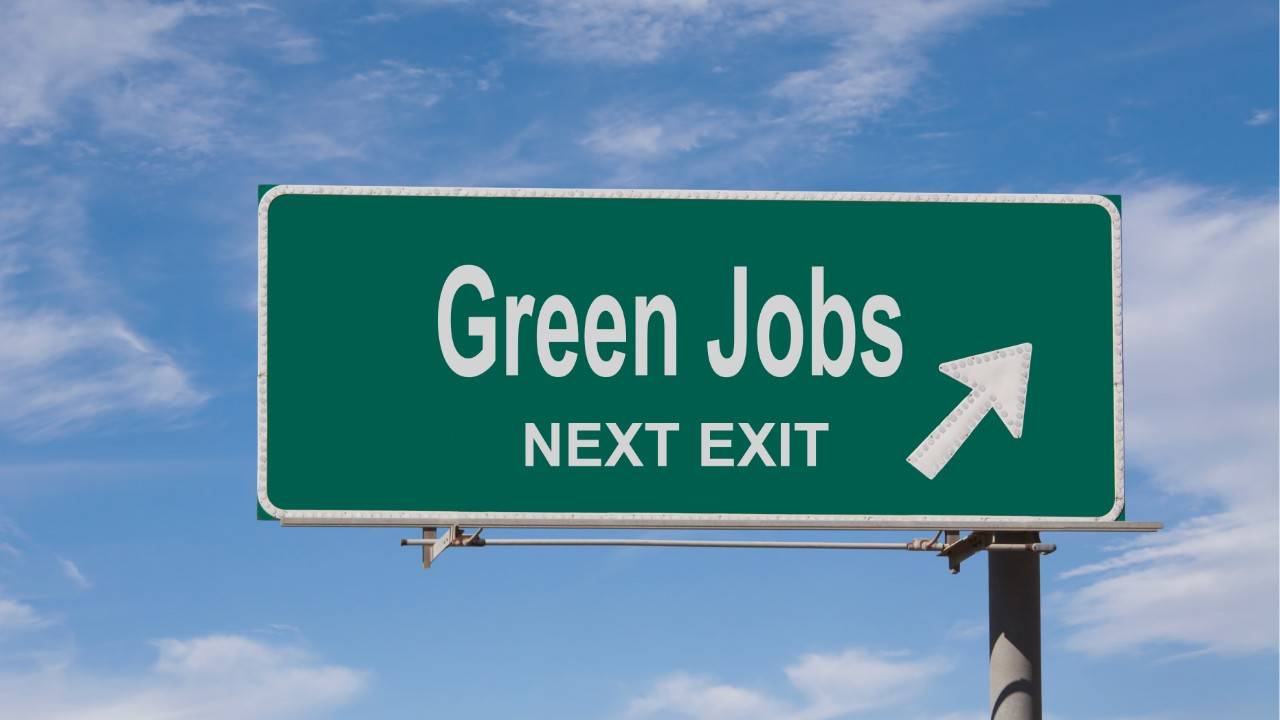It’s estimated that 9.5 million people work in the green economy in the US, and this number keeps growing.
While there’s always demand for experts in sustainable technologies, employers nowadays are turning to people who have non-traditional expertise. This can range from customer service to forklift operations.
According to LinkedIn’s analysis of thousands of US job postings, there are traditional green jobs, such as recycling and environmental engineering, and non-traditional green jobs, such as experts in regulatory compliance who can work with government departments in charge of environmental rules.
The analysis found that for every traditional green job posting, there were 2.6 non-traditional ones.
“Customer service, for example, is an in-demand role at enterprises ranging from electric-vehicle producers to environmental consulting firms. People who previously worked at FedEx or Starbucks may already have some of the communication and customer-outreach skills needed for such roles. Even animal hospitals are creating customer-service roles with a green twist, as they focus on ways to support habitat restoration and wildlife management.”
The good news is you don’t need a degree in environmental science to have a green career. There are tons of other ways to work in the green industry too.
More inspiring green news similar to this:


